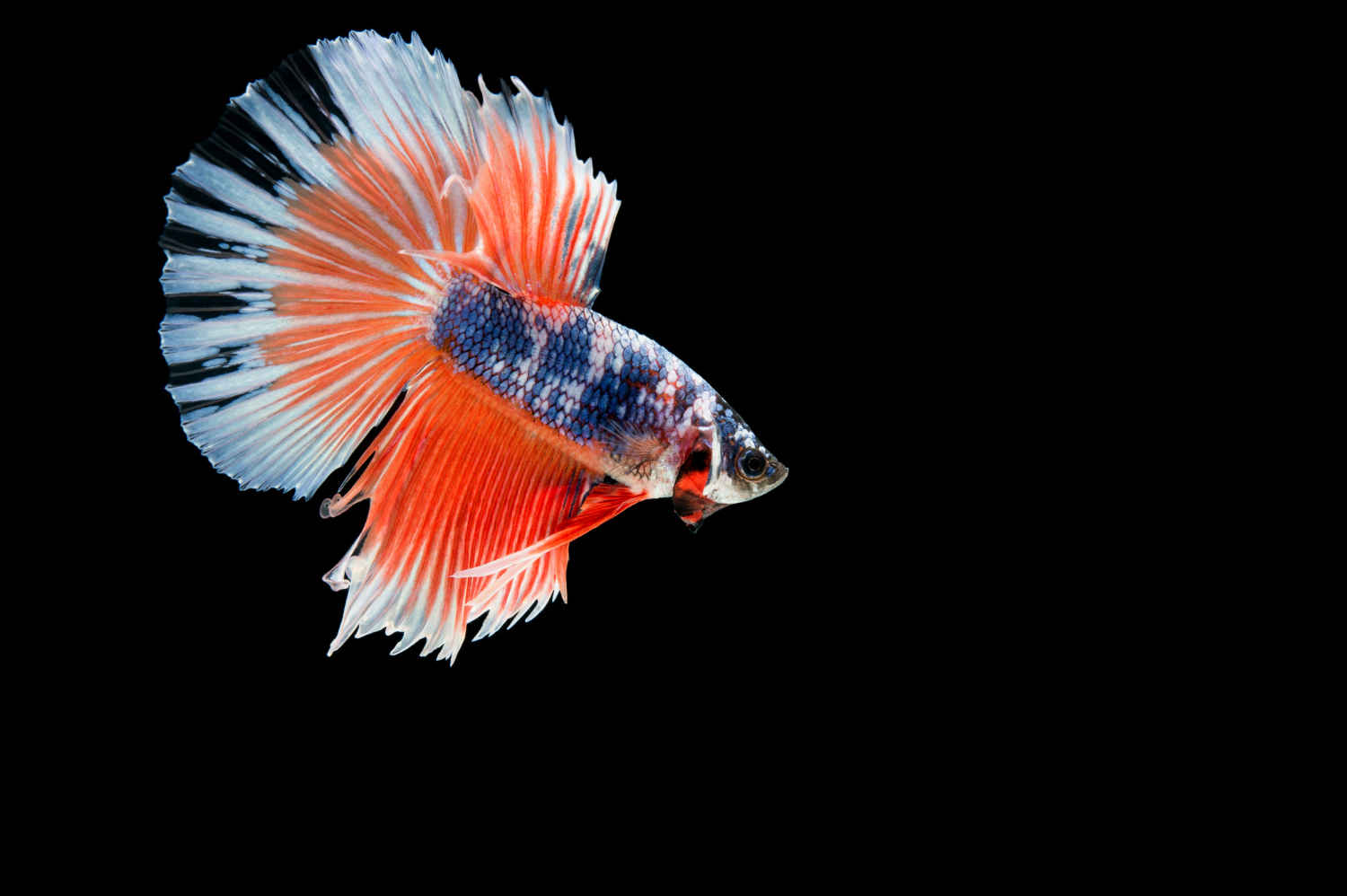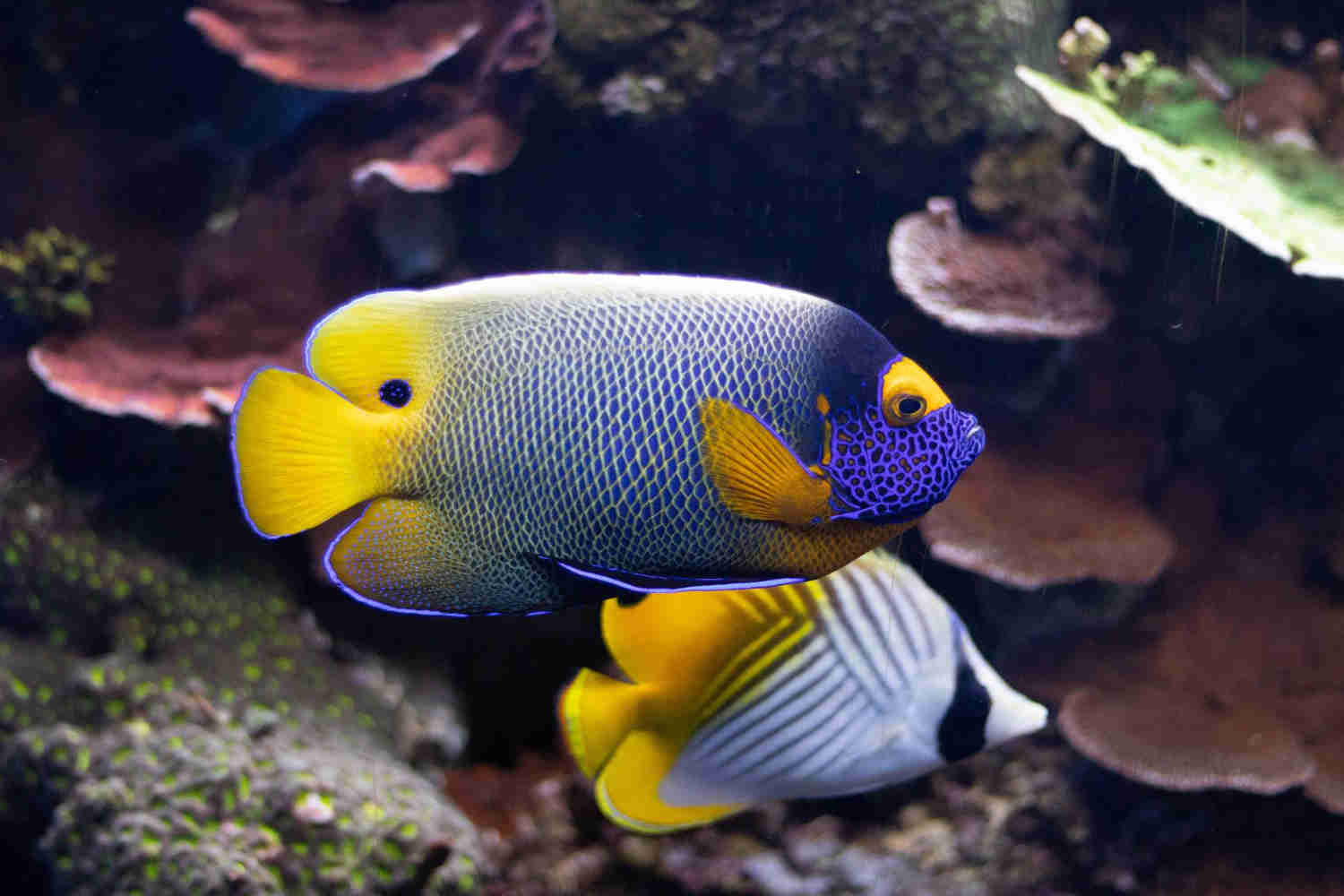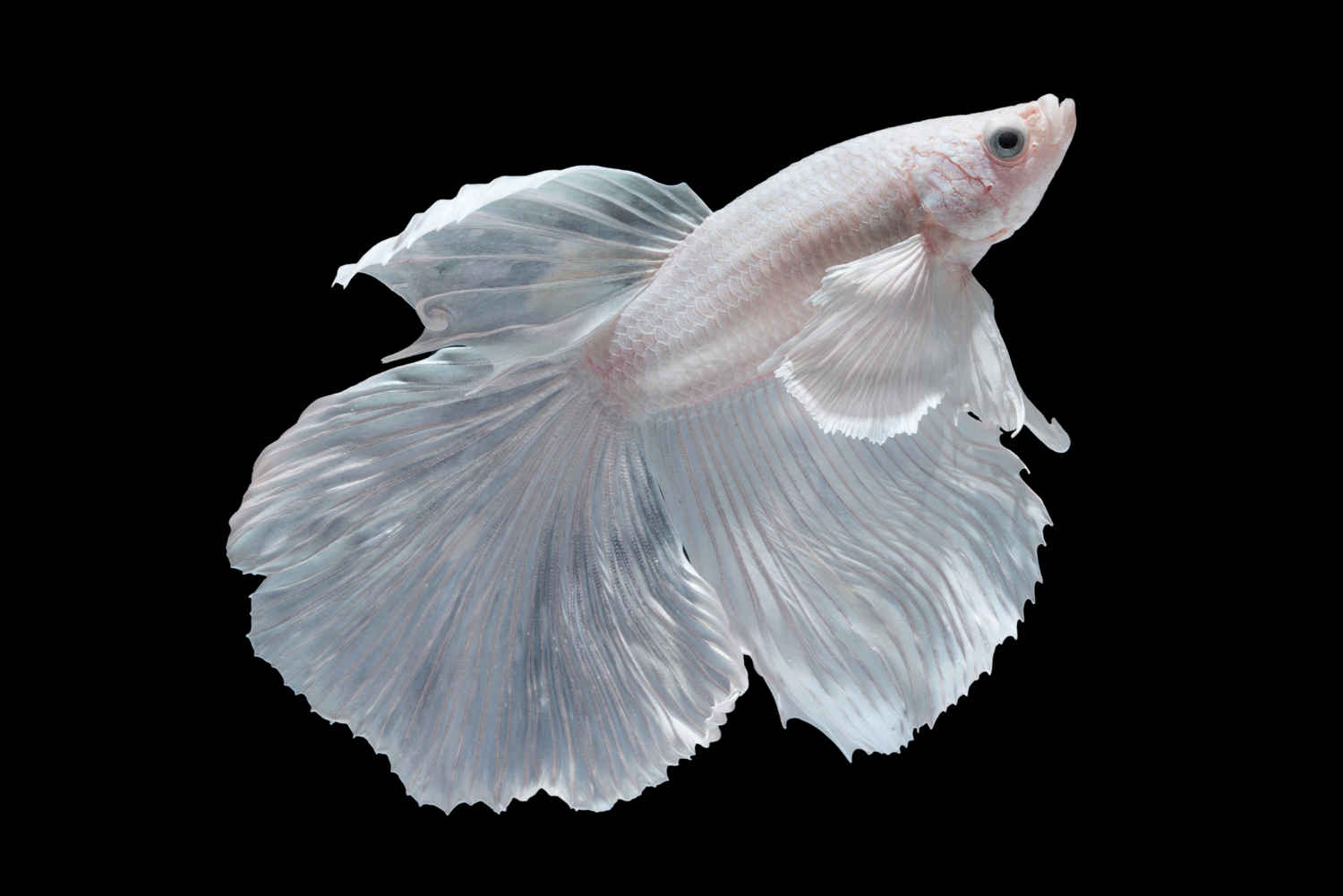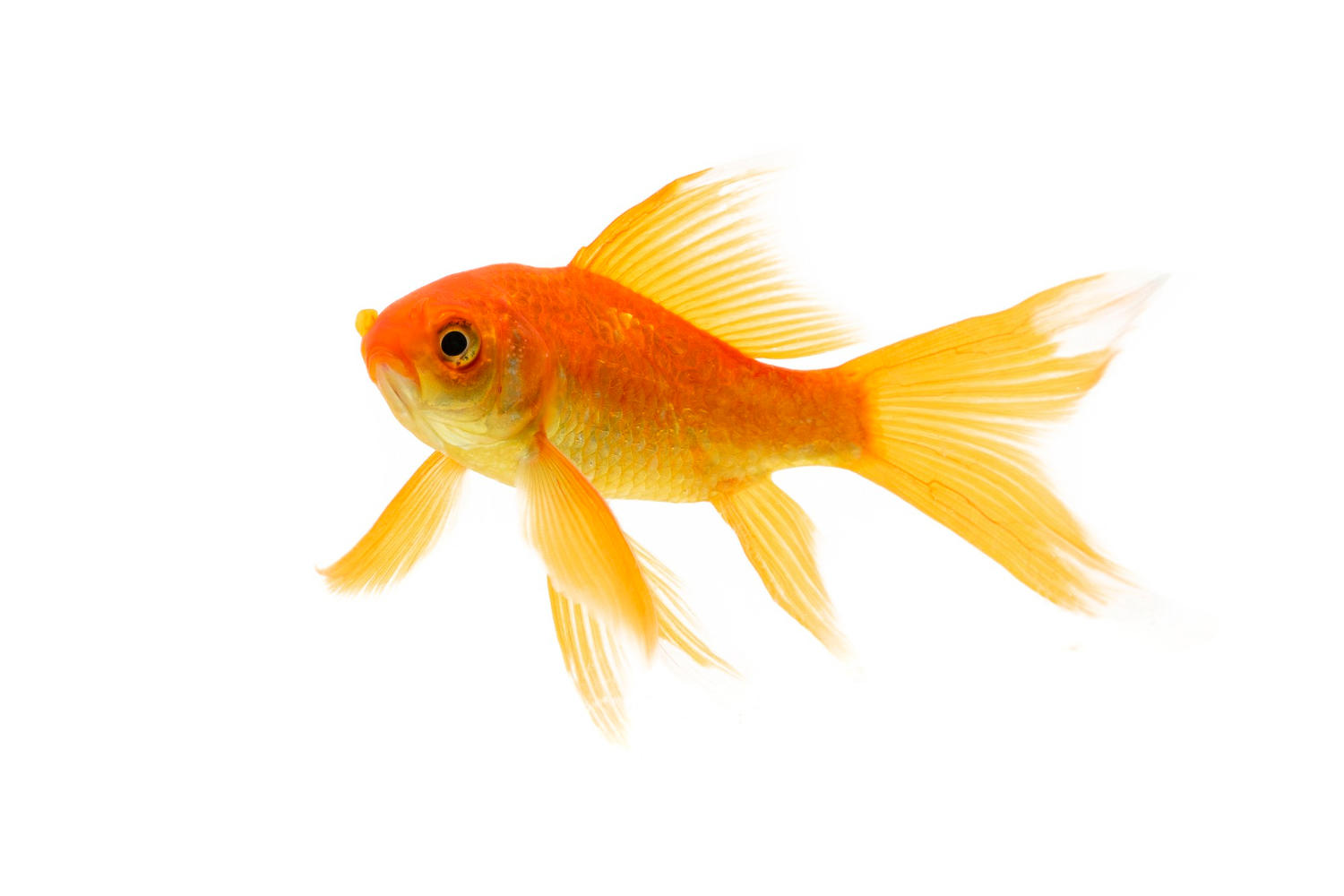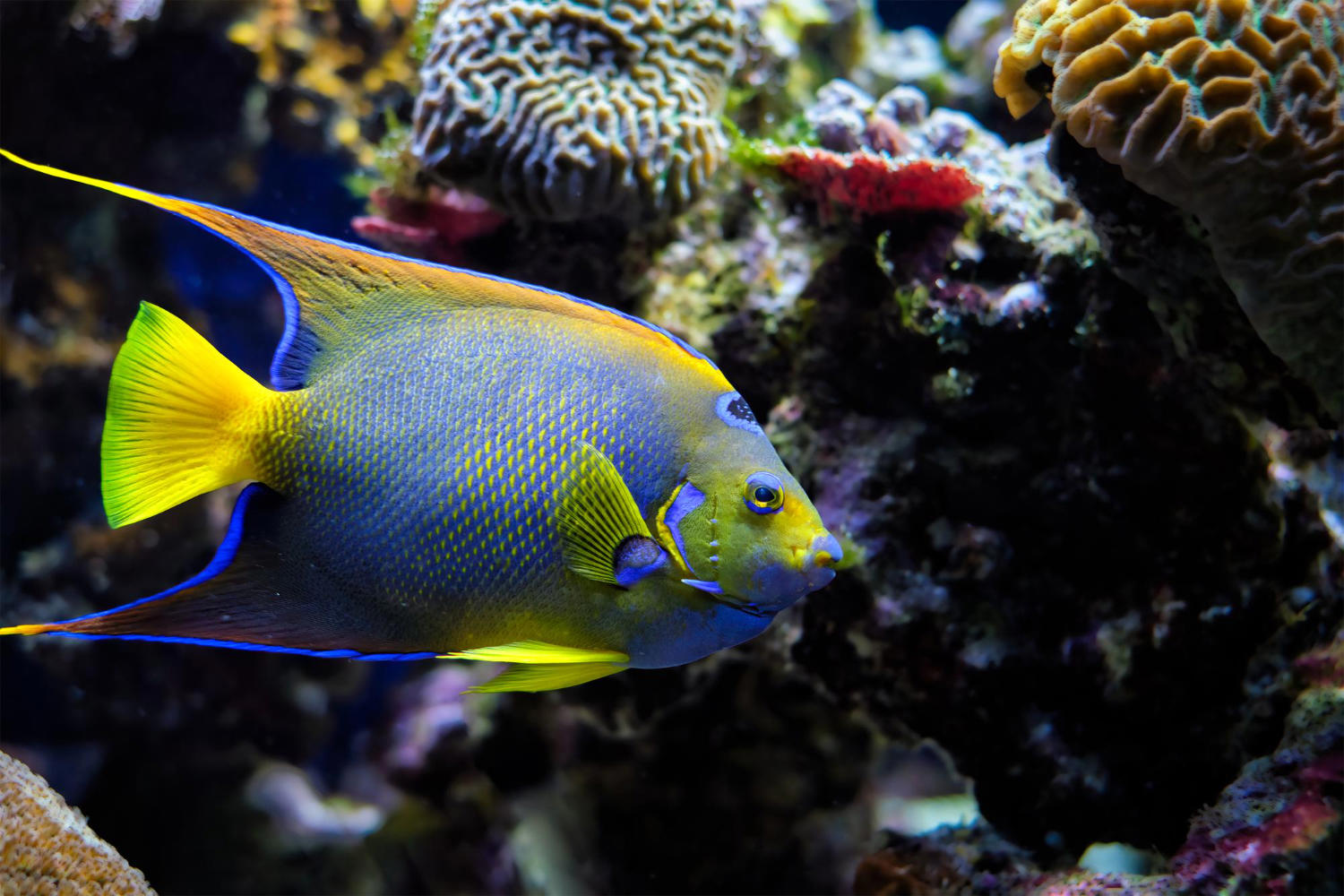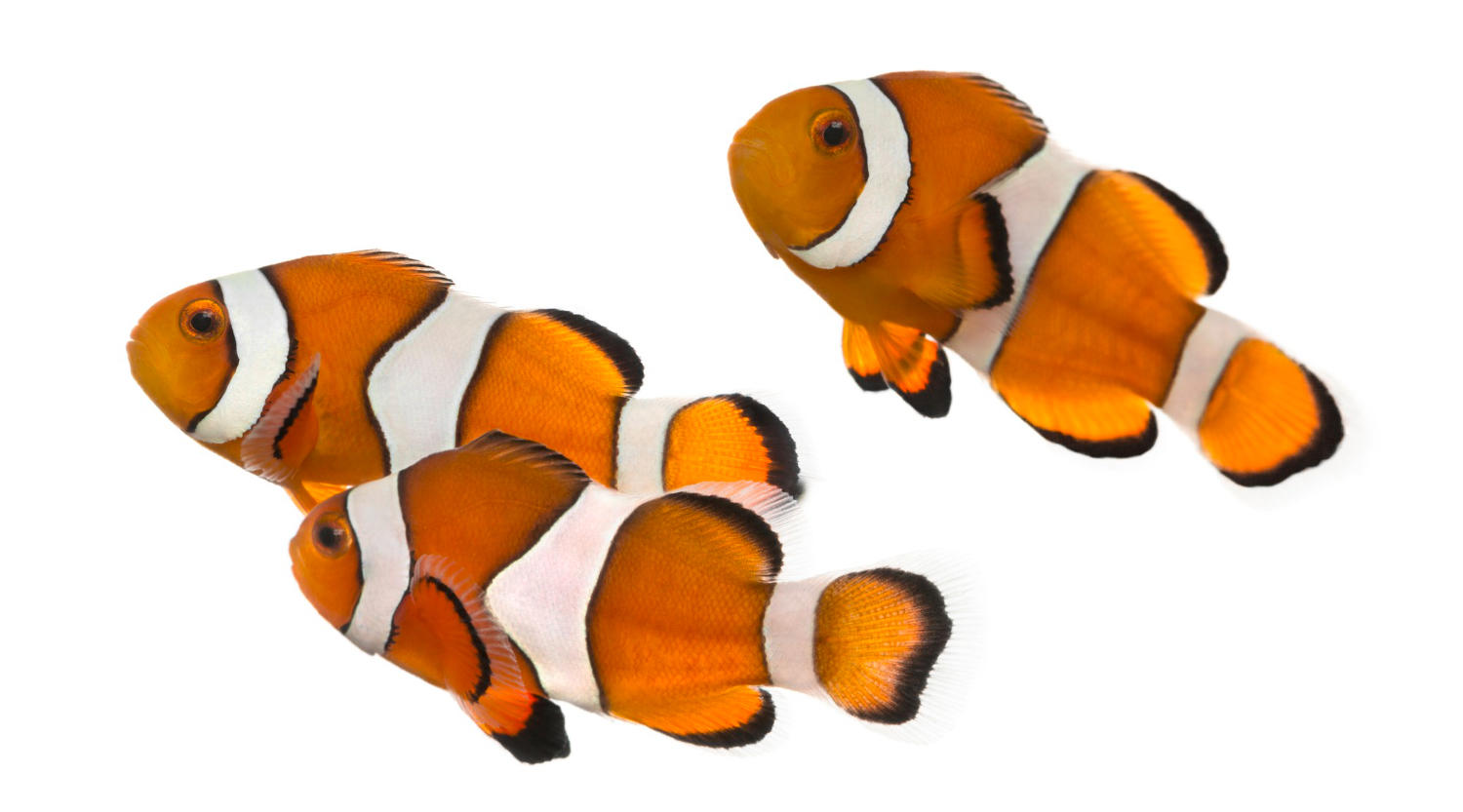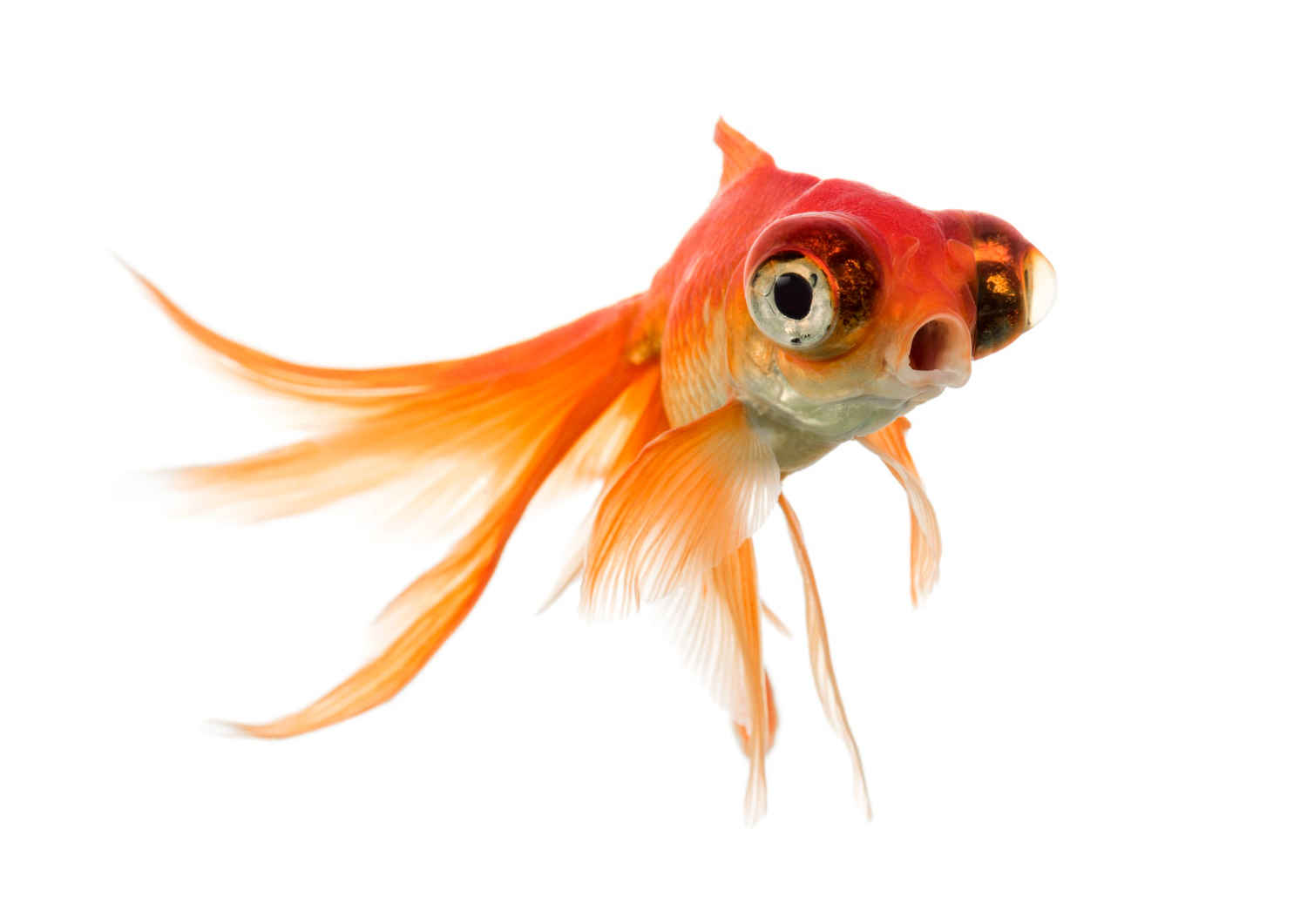Feeding fish is a fundamental part of fishkeeping, and it’s essential to ensure that your fish receive the right amount of food. But have you ever wondered if it’s possible to overfeed your fish? The answer is yes, and it can have some serious consequences. Overfeeding your fish is a common mistake that many fishkeepers make, and it can lead to a variety of health problems for your fish, including obesity, poor water quality, and even death. In this guide, we’ll explore the truth about overfeeding fish and provide you with some practical tips to avoid the risks associated with overfeeding your fish. So, let’s dive in!
Feeding Frenzy: The Truth About Overfeeding Fish – A Guide to Avoiding the Risks of Overfeeding your Fish
If you’re a fish owner, feeding your fish is probably one of the most enjoyable parts of owning an aquarium. However, it’s important to be aware of the risks of overfeeding your fish. While it may seem like a simple task, overfeeding can have serious consequences for your fish and the overall health of your aquarium. In this guide, we’ll explore the truth about overfeeding fish and provide you with tips for avoiding the risks.
Why is overfeeding a problem?
The first step in understanding the risks of overfeeding fish is understanding why it’s a problem. When fish are overfed, excess food accumulates in the aquarium and can lead to a buildup of harmful bacteria. This can cause a range of issues, including cloudy water, foul odors, and even fish deaths. In addition, overfeeding can lead to obesity and health problems in fish, as well as increased levels of ammonia and nitrate in the water.
How much should you feed your fish?
The amount of food your fish need depends on a number of factors, including their species, size, and activity level. As a general rule of thumb, most fish should be fed small amounts twice a day. It’s important to only feed your fish what they can eat in a few minutes, as any excess food will be left to rot in the tank. If you’re unsure about how much to feed your fish, consult with a veterinarian or aquarium specialist.
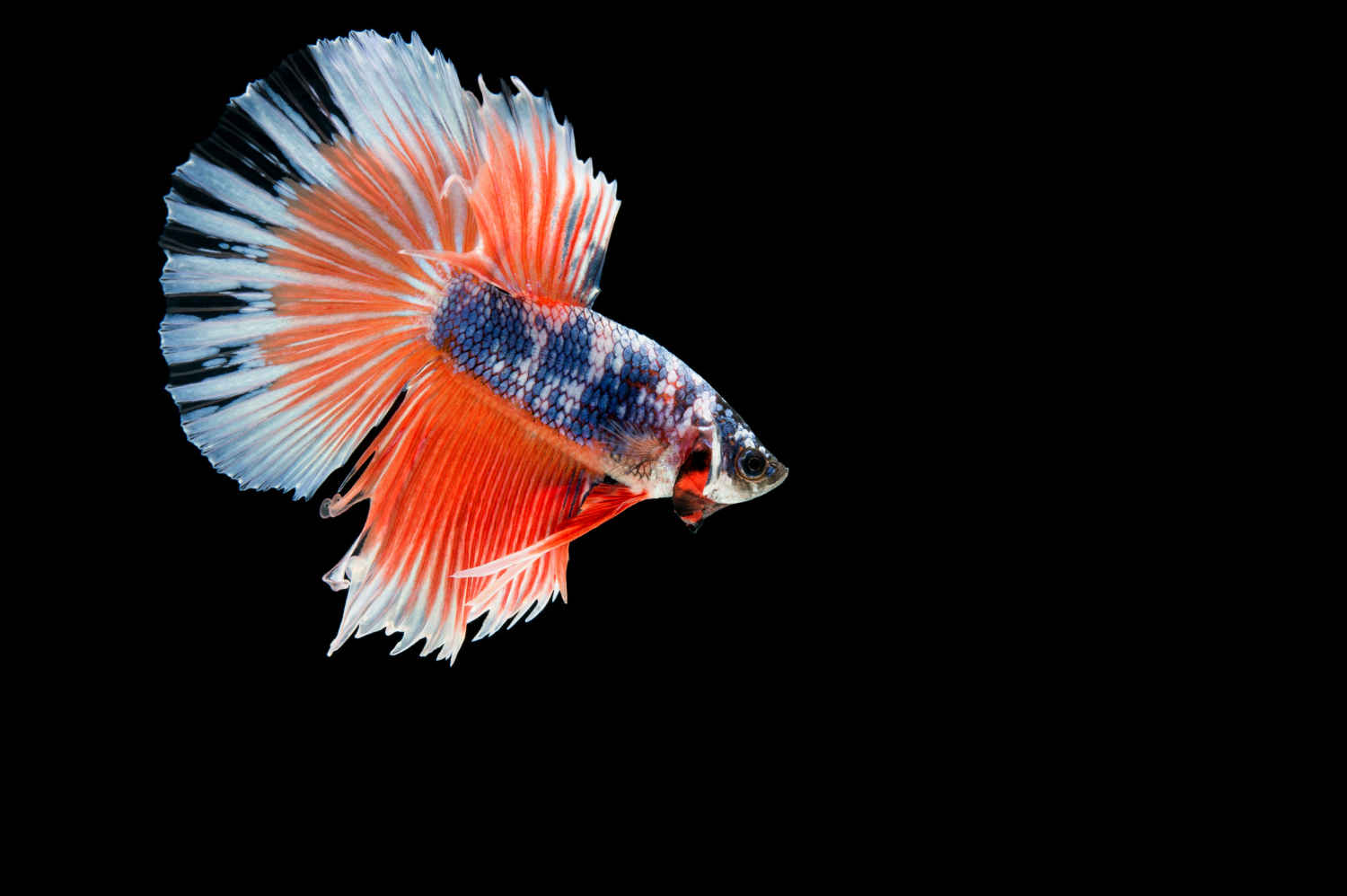
What are the signs of overfeeding?
One of the easiest ways to tell if you’re overfeeding your fish is by observing their behavior. If your fish are constantly begging for food, this may be a sign that they’re not getting enough or that they’re being overfed. Other signs of overfeeding include an accumulation of uneaten food at the bottom of the tank, cloudy water, and foul odors. If you notice any of these signs, it’s important to adjust your feeding habits accordingly.
How can you avoid overfeeding your fish?
There are a number of steps you can take to avoid overfeeding your fish. First, make sure you’re only feeding your fish what they can eat in a few minutes. It may be helpful to use a timer to ensure you’re not overfeeding. Second, consider feeding your fish a variety of foods to ensure they’re getting all the necessary nutrients. Finally, monitor your fish’s behavior and adjust your feeding habits accordingly.
In addition to these steps, it’s important to properly maintain your aquarium to prevent the buildup of harmful bacteria. This includes regular water changes, cleaning the tank and filtration system, and monitoring water quality. By taking these steps, you’ll be able to ensure the health and well-being of your fish and the overall health of your aquarium.
Feeding your fish is an important part of owning an aquarium, but it’s important to be aware of the risks of overfeeding. By understanding the risks and taking steps to avoid overfeeding, you’ll be able to ensure the health and well-being of your fish and the overall health of your aquarium. Remember to only feed your fish what they can eat in a few minutes, monitor their behavior, and properly maintain your aquarium to prevent the buildup of harmful bacteria. With these tips, you’ll be able to enjoy your aquarium for years to come.
In conclusion, overfeeding your fish can lead to serious health problems and even death. It is important to understand the feeding habits of your fish and provide them with the right amount of food to keep them healthy and happy. Remember to observe your fish for signs of overfeeding, such as uneaten food, cloudy water, and unhealthy behavior. By following the tips and advice outlined in this guide, you can avoid the risks of overfeeding your fish and ensure that they thrive in their aquatic home. Your fish will thank you for it!


